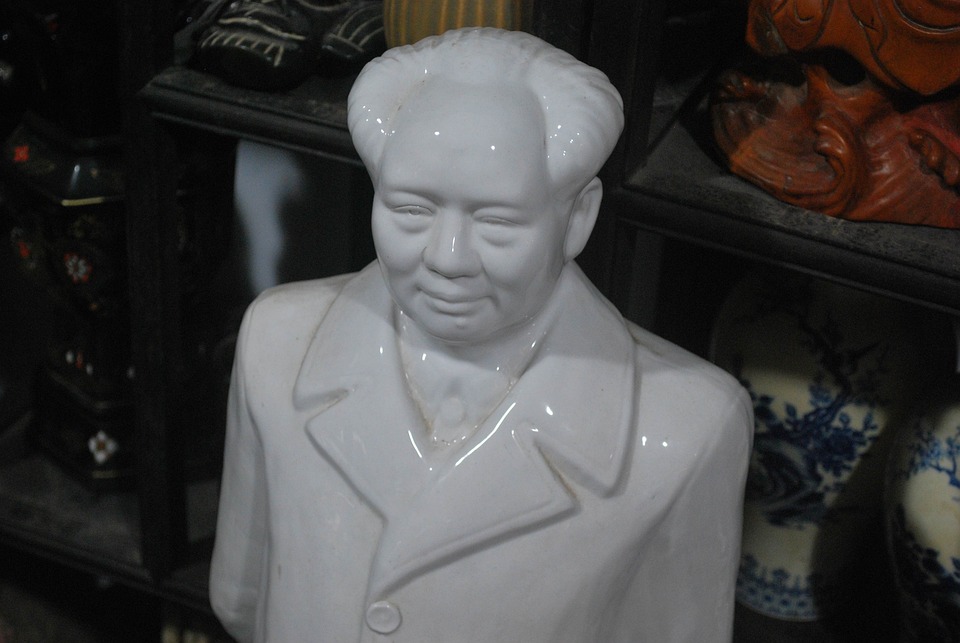Key Concepts in Marxist-Leninist Thought
Marxist-Leninist thought is a political and economic theory that combines the ideas of Karl Marx and Vladimir Lenin. It emphasizes the struggle of the working class against capitalism and advocates for the creation of a socialist society. Two key concepts in Marxist-Leninist thought are dialectical materialism and historical materialism.
Dialectical Materialism
Dialectical materialism is a philosophical framework that serves as the basis for Marxist-Leninist thought. It is a way of understanding the world that is rooted in the idea that reality is in a constant state of change and development. Dialectical materialism is based on the principles of dialectics, which is a method of reasoning that involves examining and reconciling contradictions.
According to dialectical materialism, all things in the world are interconnected and interdependent. This means that everything is in a state of flux and is constantly evolving. Dialectical materialism emphasizes the importance of examining the contradictions and conflicts within society in order to understand how change occurs.
One of the key aspects of dialectical materialism is the concept of contradiction. Contradiction is seen as a fundamental part of reality, as it is through the resolution of contradictions that progress and development occur. In Marxist-Leninist thought, the primary contradiction is between the working class, or proletariat, and the capitalist class, or bourgeoisie.
Dialectical materialism also emphasizes the role of material conditions in shaping society. Unlike idealist philosophies that prioritize ideas and beliefs, dialectical materialism focuses on the material circumstances that govern people’s lives. This means that economic factors, such as class struggle and the means of production, play a central role in shaping society.
Overall, dialectical materialism provides a comprehensive framework for understanding the world in a way that takes into account the complexities and contradictions of society. By examining the interconnectedness of all things and the role of material conditions, Marxist-Leninists are able to develop a more nuanced understanding of social change and revolution.
Historical Materialism
Historical materialism is another key concept in Marxist-Leninist thought that focuses on the role of history in shaping society. According to historical materialism, history is driven by the development of productive forces, which are the means of production and the relationships of production that govern society.
One of the central ideas of historical materialism is the concept of class struggle. Marxist-Leninists believe that history is characterized by conflicts between different social classes, particularly between the ruling class and the working class. These conflicts are driven by economic factors, such as the control of resources and the distribution of wealth.
Historical materialism also emphasizes the role of technology and innovation in shaping society. According to this theory, changes in the mode of production, such as the development of new technologies, have a profound impact on the organization of society. As new technologies emerge, they create new possibilities for social organization and revolution.
One of the key contributions of historical materialism is the understanding of historical change as a process of dialectical development. Marxist-Leninists believe that history is not linear, but rather moves through a series of contradictions and conflicts that drive social change. By examining the historical forces at play, Marxist-Leninists are able to identify the underlying patterns that shape society.
Overall, historical materialism provides a framework for understanding the forces that drive historical change and development. By focusing on the role of class struggle, technological innovation, and dialectical development, Marxist-Leninists are able to analyze the complexities of society and the potential for revolution.
In conclusion, dialectical materialism and historical materialism are two key concepts in Marxist-Leninist thought that provide a comprehensive framework for understanding society and history. By examining the contradictions and conflicts within society, as well as the role of material conditions and historical forces, Marxist-Leninists are able to develop a nuanced understanding of social change and revolution. These concepts continue to be central to Marxist-Leninist theory and are essential for analyzing the complexities of modern society.




